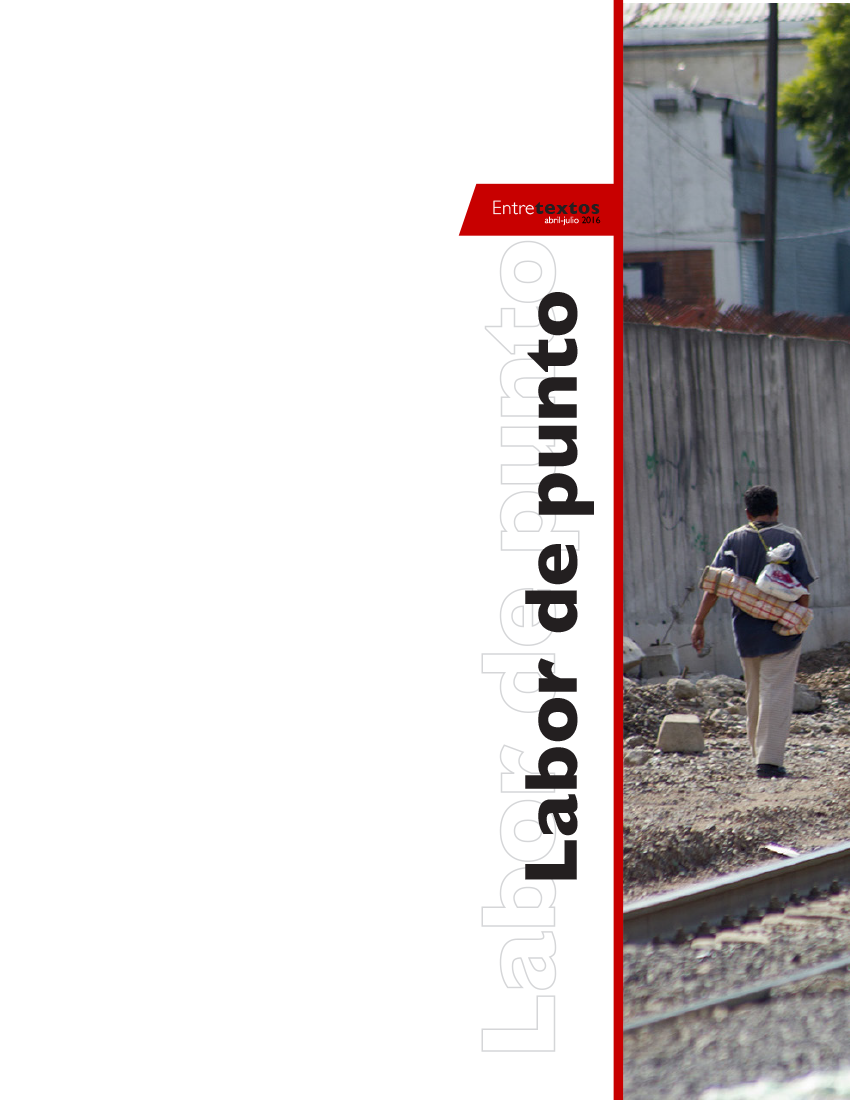Migration, otherness and mercy
DOI:
https://doi.org/10.59057/iberoleon.20075316.201622400Keywords:
migration, Central America, Programa Frontera SurAbstract
Since the mid-twentieth century, philosophy has been more concerned with the human-to-human relationship in the context of authoritarianism. The word otherness flourishes to define this new concept of binary relationship between individuals without identity and coming from different cultures and environments. The evolution of humanity in the last hundred years, since September 1914, shows an endless escalation of violence. The clan and the family have practically disappeared from the face of the earth and governments are struggling to wipe out what is left of them: the indigenous and the poor. The displacement of individuals to survive serves to finish the job.
Despite not being religious, the character of Jesus, as a model in empathy and mercy, imposes itself on me as the example to follow in our relationship with our fellow man. The message aims to separate the subtle from the coarse, to find a way of survival. The coarse is material and imposition, the subtle is love and mercy. So, in the end, my faith is to hope in love.
Downloads

Downloads
Published
How to Cite
Issue
Section
License
Copyright (c) 2016 Entretextos

This work is licensed under a Creative Commons Attribution-NonCommercial 4.0 International License.




